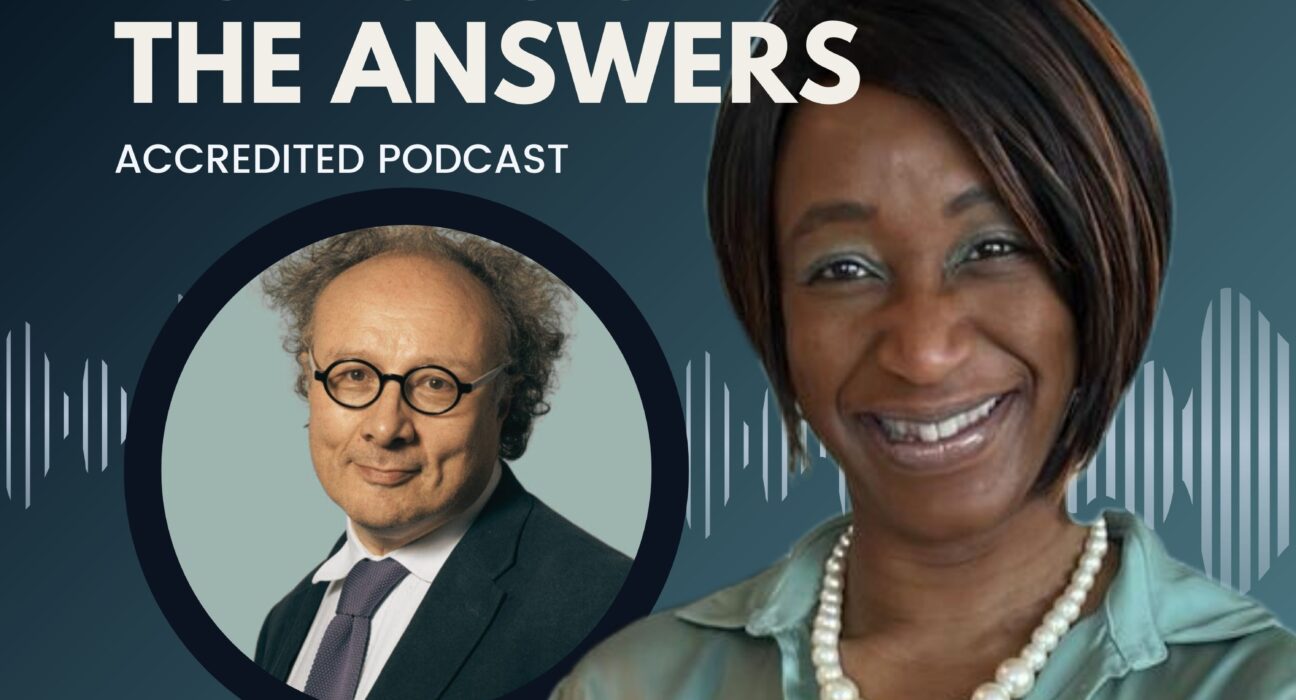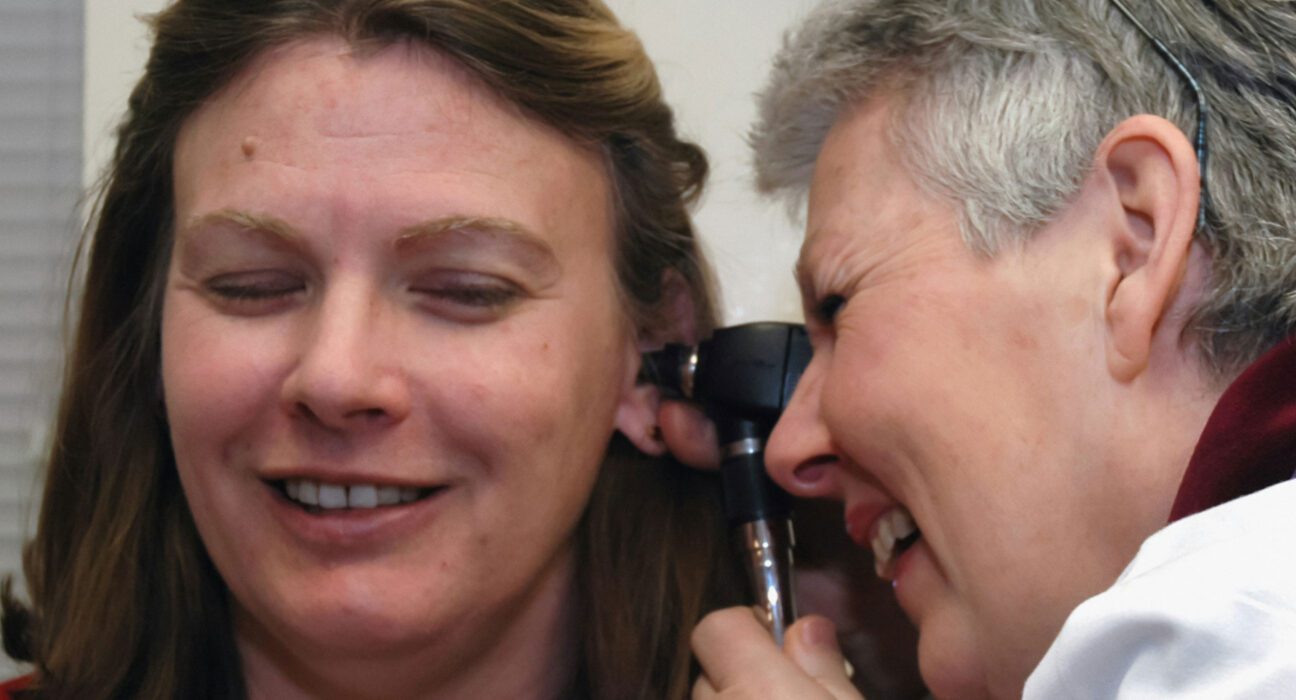E1: What is Long COVID? ft. Prof. Danny Altmann
E1. What is Long COVID ft. Prof. Danny Altmann. A Certified CPD Podcast for Healthcare Professionals. Please Log In to claim your CPD credits toward your medical license. (Canada & Worldwide) In the first episode of "Long Covid The Answers," Professor Danny Altmann discusses Long Covid, its definition, prevalence, symptoms, and why it's serious. He











